
Eating Chicken with Sticky Rice Is a Mistake: 5 Classic Food-Combining Errors That 9 out of 10 People Don’t Know
When it comes to food combinations, many people believe that certain pairings are harmless—and yet there are common myths and questionable advice that persist. One of these is the warning that eating thịt gà (chicken) together with xôi nếp (sticky/glutinous rice) is harmful. Below, we explore five food-combining mistakes (including that one) that are often cited but surprisingly little known or understood—and examine what science actually says.
1. Chicken + Sticky (Glutinous) Rice
Claim: Chicken and sticky rice should not be eaten together because both are considered “warm” foods in traditional East Asian dietary theory, and their combination is said to cause indigestion, bloating, “internal heat”, acne, itchiness. Some go further and claim it can cause tapeworms.
Reality check:
-
While sticky rice is richer in carbohydrate and slower to digest than regular rice, and chicken is protein/animal-based, there is no scientific evidence showing that eating them together causes tapeworms or specific parasitic infection. The traditional claim of “bạch thốn trùng” (tapeworm) is not backed by modern parasitology.
-
That said, eating a large heavy meal—rich in both carbohydrate and animal protein—can pose more of a load on digestion (especially for people with weaker digestive systems) which may lead to bloating or discomfort.
-
Very often, the “issue” is simply eating too much, eating too fast, or eating a heavy meal late at night—not the pairing per se.
Take-away: Having chicken with sticky rice once in a while is unlikely to cause serious harm; but if you have a sensitive stomach or digestive issues, consider lighter alternatives (e.g., regular rice or a smaller portion of sticky rice).
2. Chicken + Perilla / Basil Leaves (or other “warm” herbs)
Some traditional sources state that chicken should not be combined with herbs like rau kinh giới (Vietnamese perilla/basil herb) because this pairing is alleged to cause headaches, dizziness, tinnitus (ringing in ears) or skin-itch.
Scientific view: There is little modern clinical evidence supporting such specific adverse reactions—but the broader principle is that some herbs may interact with digestion or metabolism differently. If you are sensitive to certain herbs, combining them with heavy meats may feel less comfortable.
Practical suggestion: If you enjoy these herbs, eat them separately or in smaller amounts, especially if you notice symptoms like overheating, itchiness, or digestive discomfort after meals.
3. Chicken + Raw Garlic or Raw Onion
The claim here is that because garlic is “hot” and onion is “cold” (in traditional classification) combining them with warm-natured chicken will “unbalance” your body’s qi/heat/cold flow, possibly leading to poor circulation or digestive upset.
What the evidence says:
-
Garlic and onion are widely used in cooking meat dishes globally without obvious harm.
-
However, in some individuals raw onion/garlic can irritate the stomach lining, especially if eaten in large amounts on an empty stomach or combined with heavy meat.
Guidance: If you like garlic and onion, no need to avoid them entirely—but avoid large quantities of raw garlic/onion and heavy meat in one sitting if your stomach is prone to upset.
4. Chicken + Dog Meat (or another “very hot” meat)
In some traditions, it is said that combining chicken (which is already considered “hot/warming”) with another strongly warming meat (like dog meat) may overload the body’s internal “fire”, leading to stomach pain or diarrhea.
From a nutritional/scientific standpoint:
-
The concept of “warming” or “cooling” foods is mostly rooted in traditional medicine or folk belief; modern nutrition does not classify meats this way.
-
However, eating two dense animal-proteins in one meal (e.g., chicken + another heavy meat) can increase the load on digestion (higher fat, more amino acids, more heat produced by metabolism).
Conclusion: It’s the quantity + density of protein/fat that matters more than the specific “pairing”. If you do eat two heavy meats, keep portion sizes moderate and include vegetables/fibre for balance.
5. Chicken + Carp Fish
Another warning from certain sources is that chicken should not be eaten together with cá chép (carp fish) because the two protein sources are “too heavy” and may cause indigestion or sluggish digestion.
Modern interpretation: There is no strong scientific evidence forbidding the combination—but again the logic of “two dense protein sources in one meal” stands.
Advice: If you plan to eat fish and chicken in the same meal, consider using smaller portions of each and include vegetables/fibre + limit fat.
🔍 What Modern Nutrition Research Suggests
-
A narrative review on poultry consumption found that lean, unprocessed chicken (when used as a primary protein source) is generally either beneficial or neutral for body weight and cardiometabolic outcomes—provided portion sizes and cooking methods are reasonable. PMC
-
A large observational Italian study suggested that consuming more than ~300 g/week of poultry might be associated with slightly higher risk of gastrointestinal cancers and all-cause mortality—but the authors emphasized that causality was not established. Healthline
-
On food safety: Proper handling and cooking of chicken is very important (e.g., internal cooking temperature 165 °F / ~74 °C) to avoid food-borne illness. CDC
Thus: The major risks when eating chicken are not necessarily “wrong combinations” of other foods, but rather portion size, cooking method, meat processing, and overall diet pattern.
✅ Practical Tips & Balanced View
-
Moderation is key: Eating chicken with sticky rice or other foods above occasionally is unlikely to be harmful—just watch portion sizes.
-
If you notice digestive discomfort, bloating, or skin flare-ups (acne/heat sensation) after certain meals, try simplifying the meal: lean protein + regular rice + vegetables, rather than multiple dense ingredients.
-
Include vegetables/fibre in the meal to ease digestion when eating heavier meats.
-
Ensure chicken is well-cooked, stored safely, and consumed with proper hygiene.
-
If you have a sensitive digestive system, ulcers, gout, or other chronic conditions—consult a registered dietitian or physician before making frequent heavy meals.
News in the same category


Growing Concern Over Visceral Fat — Doctors Recommend 9 Foods to Help Burn It Naturally

‘This Is An Opportunity For You To Get Some Portal Film’ | Deion Sanders’ Ruthless Scrimmage Urging Bench Players To Transfer Angers Fans

Texas Cheerleader Jumps Off Homecoming Float To Save Choking Toddler

Meet Andrea Walls, the Artist Preserving Black Stories Through Photography
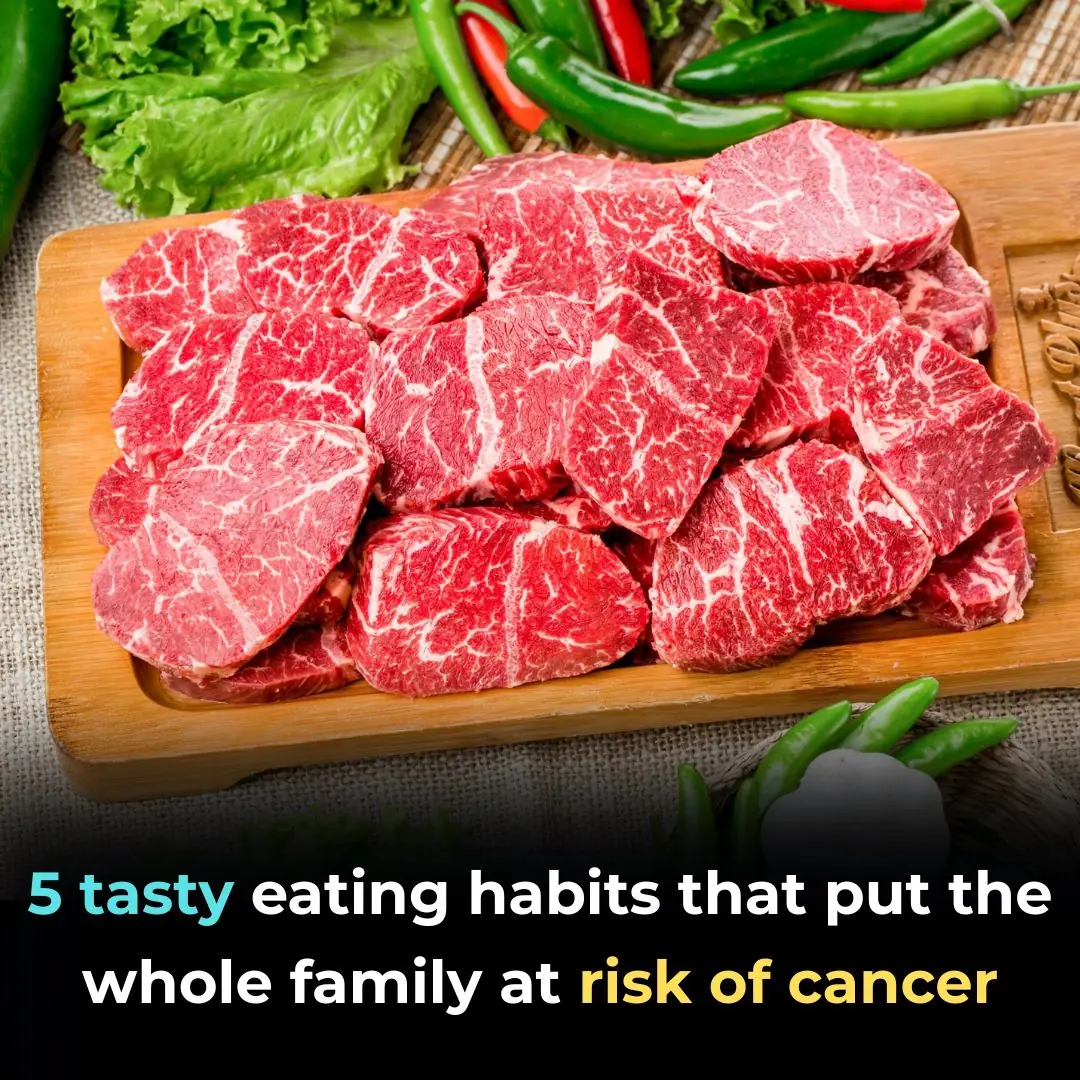
5 Tasty Eating Habits That Could Be Silent Cancer Risks for the Whole Family — Avoid Them Now

Do You Need to Unplug Your Rice Cooker After the Rice Is Done?
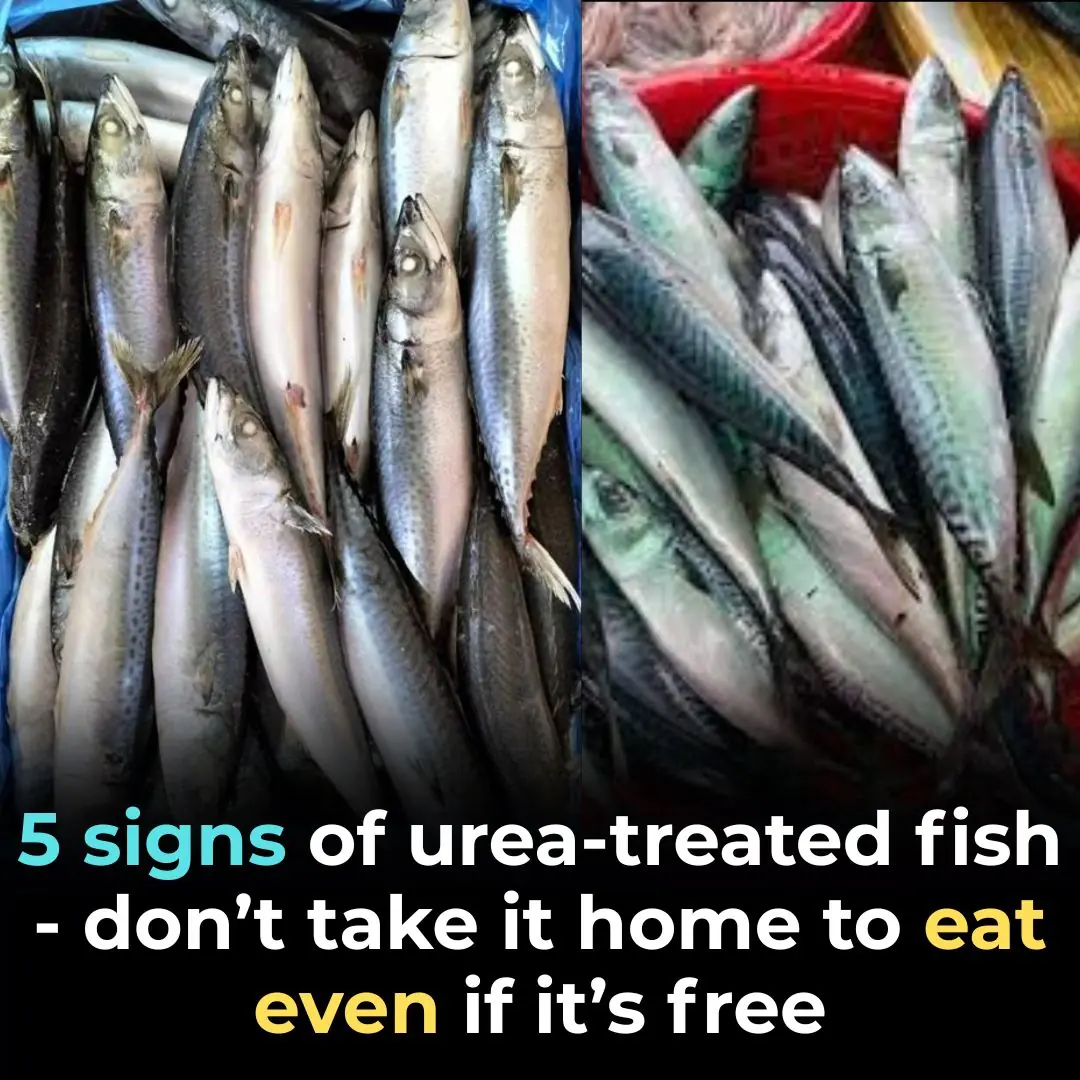
5 Warning Signs of Fish Preserved with Urea – Don’t Take It Home Even If It’s Free

Three Optimal Times to Drink Perilla Leaf (Lá Tía Tô) Tea—And Most People Don’t Know Them

Single Dad Adopts 5 Siblings Under The Age Of Six So They Can Stay Together

21 Year Old Hotel Employee Who Managed 90 Guests Alone During Tropical Storm Is Gifted New Car

Texas Southern University Debate Team Wins 5th World Championship Title

Meet Faith Couch, the Photographer Transforming the Way We See Black Love

People mind-blown by futuristic 'doll house' neighborhood in China home to over 1,000 units

Incredible story of teen who survived 49 days lost at sea on floating fish trap

YouTuber uncovers hidden city under water that's been missing for almost 100 years

'Zombie' volcano believed to be extinct for 710,000 years now showing signs of life

The Secret to Perfectly Sweet and Fluffy Boiled Sweet Potatoes: Add Just One Spoon of This!
News Post

4 types of ornamental plants that easily cause allergies and poisoning in children, parents should consider before planting
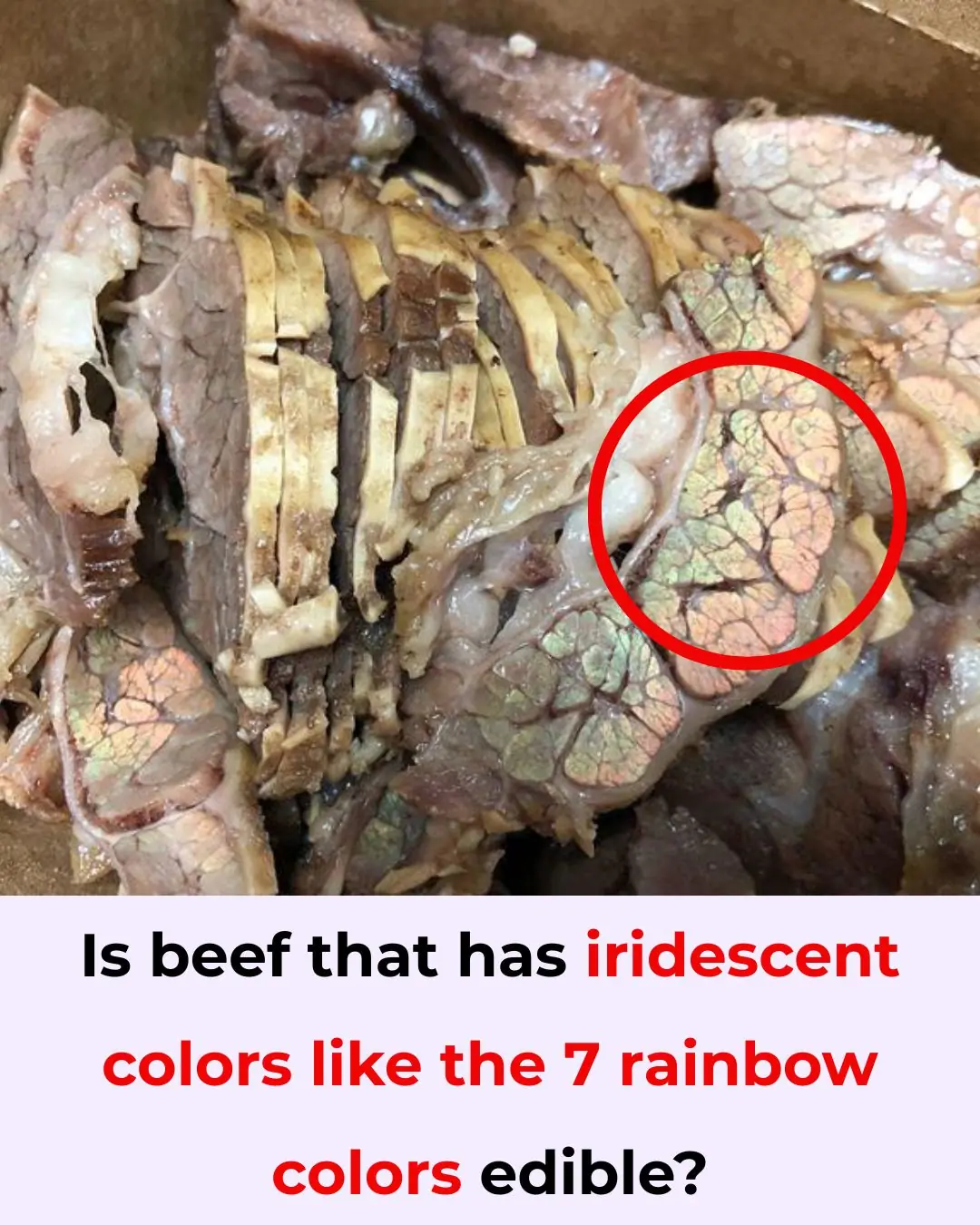
Is beef that has iridescent colors like the 7 rainbow colors edible?

🚽 How to Remove Limescale Stains from Your Toilet Bowl — Naturally & Without Harsh Chemicals
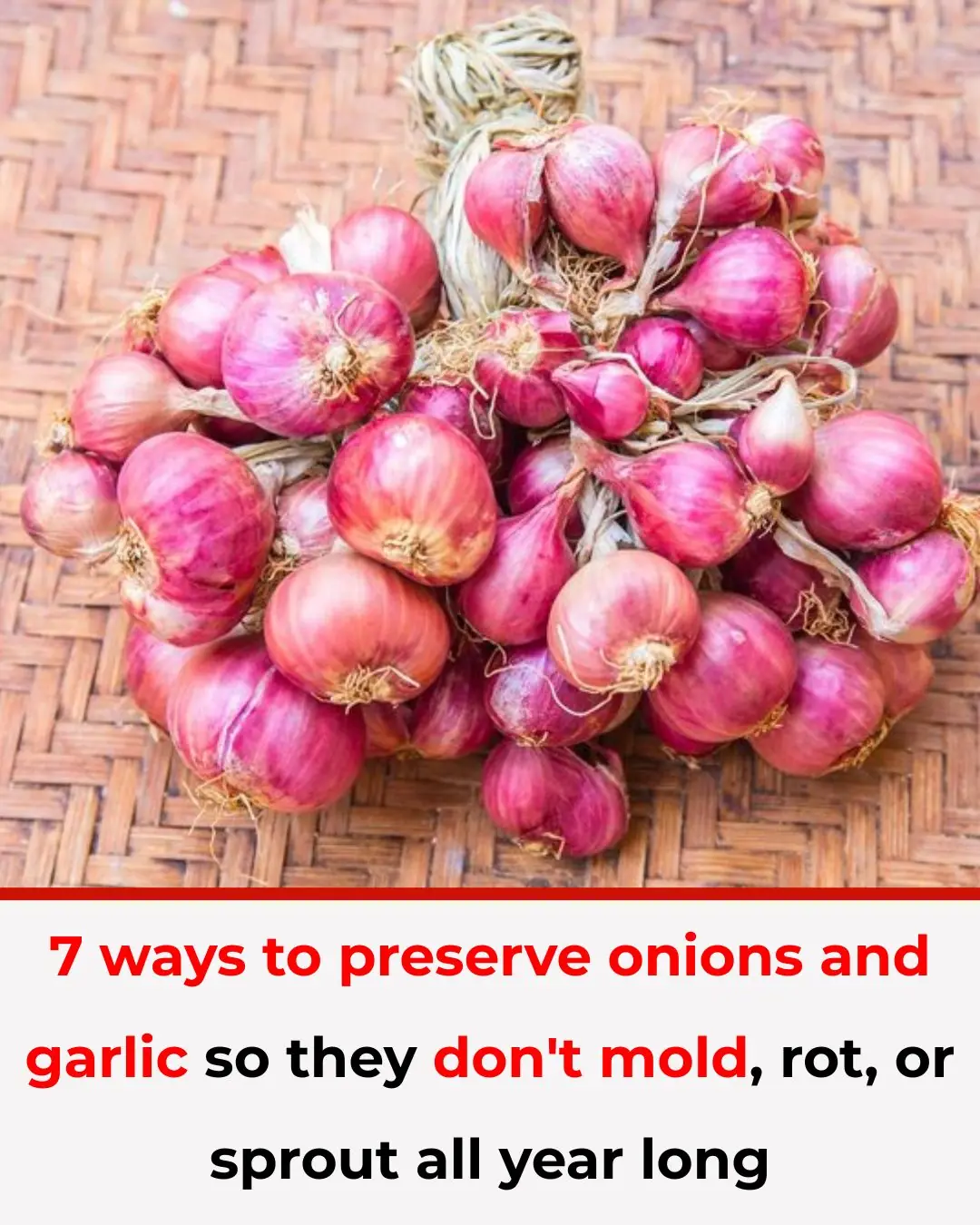
7 ways to preserve onions and garlic so they don't mold, rot, or sprout all year long

Squeeze lemon juice into the rice cooker before cooking? Simple operation but surprising effects

Put a bowl of salt in the refrigerator: A small but effective tip that makes me regret knowing it after 30 years

Most Attractive Hobby a Man Can Have According to Women

The Hidden Power of the Hole in Your Kitchen Knife — 7+ Surprising Uses You Probably Didn't Know

Most people will go their entire lives without ever knowing what the microwave ring cover is actually for

10 Morning Habits That Are Surprisingly Harmful to Your Health

6 Effective Drinks to Help Prevent Stroke – Don’t Overlook These Choices

DENTISTS HATE HOW SIMPLE THIS TEETH WHITENING HACK IS
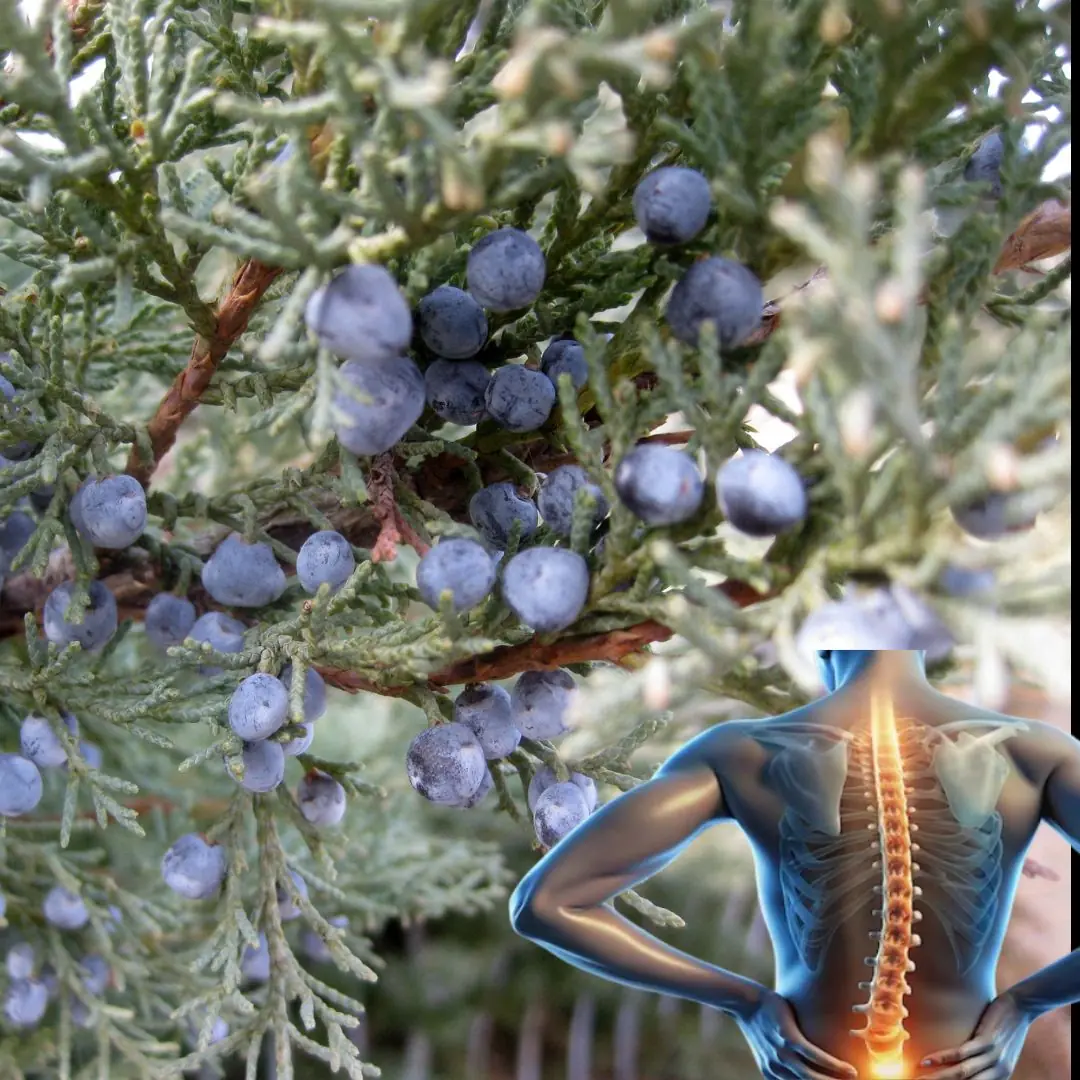
Juniper: A Comprehensive Guide to Its Benefits and Uses

Unveil Colgate’s Secret for Silky-Smooth Feet

Evergreen Huckleberry (Vaccinium ovatum) – Benefits, Uses, and Growing Guide

A 3-Year-Old Boy Got Super Glue in His Eye — His Mother’s “Golden 30 Seconds” Saved His Sight

Growing Concern Over Visceral Fat — Doctors Recommend 9 Foods to Help Burn It Naturally

7 Amazing Health Benefits of Banana Blossoms

Bryophyllum Calycinum (Kalanchoe Pinnata): Benefits and Uses
